Description
Cephradine 500mg, a first-generation cephalosporin antibiotic, exerts its bactericidal effect by inhibiting cell wall synthesis in susceptible bacteria. It binds to and blocks the activity of penicillin-binding proteins (PBPs), which are essential for cross-linking peptidoglycan strands in the bacterial cell wall. This interference weakens the cell wall, leading to cell lysis and bacterial death. Cephradine is particularly effective against a range of Gram-positive and some Gram-negative bacteria, disrupting their ability to maintain structural integrity and providing therapeutic benefits in the treatment of susceptible infections.
Ingredients
Cephradine 500mg
Drug Class
cephalosporin antibiotic.
Dosage Form
injection
Uses
The following are the uses of Cephradine 500mg injection:
- Used for treating bacterial infections such as respiratory tract infections, skin and soft tissue infections, and urinary tract infections.
- Used for its effectiveness against a wide range of bacteria, including Streptococcus, Staphylococcus, and E. coli.
- Used for severe infections or when oral administration is not feasible, providing rapid and potent antibiotic action.
- Used for surgical prophylaxis to prevent infections during and after surgical procedures.
- Used for community-acquired pneumonia, offering a targeted approach to combat the infection.
- Used for acute otitis media, providing relief and reducing complications from bacterial ear infections.
- Used for bone and joint infections, ensuring the medication reaches these areas to combat the infection effectively.
- Used for its ability to maintain therapeutic levels in the body for an extended period, requiring less frequent dosing.
Dosage
Tailoring Treatment for Optimal Health, Prescribed Medication Dosage is:
- Acute Tonsillitis- Adults- 500 mg every six hours (or 500/250 mg every twelve hours)
- Severe Acute Tonsillitis (when accompanied by fever and coarse barking cough)- Adults- 750 mg every six hours (or 500/250 mg every twelve hours)
- Skin & Skin Structure Infections (Cellulitis, Etc.)- Adults- 500 mg every eight hours (or 500/250 mg every twelve hours)
- Uncomplicated UTI (Abscess & Pyelonephritis)- Adults- 1 gm every twelve hours (can be given in two divided doses of 500/250 mg every six hours)
- Bronchitis & Pneumonia- Adults- 500 mg every eight hours (or 500/250 mg every twelve hours)
- Osteomyelitis & Septicemia- Adults- 1 gram every six hours (or 500/250 mg every six hours)
- Migraine- Adults & Children (10 kg or more)- 250 mg initially, followed by 125 mg every six hours (do not exceed 1000 mg per day)
- Rheumatoid Arthritis & Osteoarthritis- Adults- 1 gram daily (can be given as 500 mg twice a day)
- Pediatric Cases- See doctor for exact dosing based on age and weight.
In case of Overdose
In the case of an overdose of Cephradine 500mg injection, it is important to seek medical assistance promptly. Symptoms of an overdose may include nausea, vomiting, and diarrhea. The severity of the reaction depends on the amount ingested. Quick action is vital, as medical professionals can provide necessary treatment and support to manage the overdose and prevent potential complications. Timely intervention is key to ensuring the best possible outcome.
Missed Dose
In the case of a missed dose of Cephradine 500mg injection, it is important to administer the medication as soon as you remember. If it is almost time for the next scheduled dose, skip the missed dose and continue with the regular dosing schedule. Do not double the dose to make up for a missed one. However, if you have missed multiple doses, contact your healthcare professional for advice on how to proceed, as they may recommend adjusting the dosage or provide specific instructions for catching up on missed doses safely.
How To Use
To administer the Cephradine 500mg injection, clean the injection site with an alcohol swab, insert the needle at a 90-degree angle, and slowly inject the entire contents of the vial into the muscle, ensuring the needle remains stable during the process.
When Not to Use
Cephradine 500mg injection should not be used in the following conditions:
- Hypersensitivity or allergy to cephradine, other cephalosporins, or any other components of the injection.
- Known or suspected history of anaphylaxis or severe allergic reactions to penicillin or other beta-lactam antibiotics.
- Renal impairment, unless renal function is closely monitored and the dosage is adjusted accordingly.
- Pregnancy, unless the potential benefits justify the potential risks to the fetus. It should be used during pregnancy only if prescribed by a healthcare provider.
- Breastfeeding, unless recommended by a healthcare provider, as cephradine can pass into breast milk.
- Individuals with a history of gastrointestinal diseases, such as colitis, as cephradine may alter the gut flora and exacerbate the condition.
- Use with caution in patients with blood clotting disorders or a history of bleeding disorders.
Side Effects
The side effects of Cephradine 500mg injection may include:
- Nausea and vomiting
- Diarrhea
- Allergic reactions such as skin rash, itching, or hives
- Dizziness or lightheadedness
- Joint pain or swelling
- Fever
- Injection site reactions like redness, pain, or swelling
- Temporary changes in liver function
Precautions & Warnings
Following are the precautions and warnings for Cephradine 500mg injection:
- This medication should not be administered to individuals with a known allergy to Cephradine or other cephalosporin antibiotics.
- Caution is necessary in patients with a history of allergic reactions to penicillin, as cross-reactivity may occur.
- Patients with kidney impairment or a history of gastrointestinal diseases should be closely monitored, as dosage adjustments may be required.
- Prolonged use may lead to the overgrowth of non-susceptible organisms, including fungi; discontinue use if superinfection occurs.
- Ensure proper hydration during treatment, especially in elderly patients or those with a history of kidney problems.
- Avoid injecting into or near major nerves or blood vessels to prevent nerve damage or thrombosis.
- This medication is not recommended for use during pregnancy or breastfeeding unless the potential benefits outweigh the risks.
- Always review the patient’s medical history for any underlying conditions or medications that might interact with Cephradine.
Drug Interactions
Following are the drug interactions for Cephradine 500mg injection:
- Probenecid can reduce the renal excretion of cephradine, leading to increased serum levels.
- Concomitant use with other nephrotoxic drugs (e.g., aminoglycosides, colistin) may increase the risk of kidney damage.
- May reduce the effectiveness of oral contraceptives, requiring additional contraceptive measures.
- Concurrent administration with neuromuscular blocking agents may prolong neuromuscular blockade.
- Alcohol consumption should be avoided as it may increase the risk of side effects such as dizziness and gastrointestinal distress.
- Cephradine may decrease the effectiveness of live attenuated vaccines (e.g., measles, mumps, rubella) due to its antibacterial properties.
- Caution is advised when using with drugs that affect the gastrointestinal flora, as this may alter the absorption of Cephradine.
Food Interactions
Following are the food interactions for Cephradine 500mg injection:
- Avoid consuming alcohol during the treatment with Cephradine as it can lead to increased drowsiness and may affect the effectiveness of the medication.
- Grapefruit and grapefruit juice should be consumed with caution as they may interfere with the metabolism of Cephradine, potentially increasing its levels in the body and the risk of side effects.
- Avoid high-fat meals as they can slow down the absorption of Cephradine, delaying its therapeutic effect.
- Caffeine intake should be monitored as it may increase the elimination rate of Cephradine, reducing its effectiveness.
- Dairy products like milk and yogurt may decrease the absorption of Cephradine, so consider separating the medication and dairy consumption by a few hours.
- Avoid consuming large amounts of vitamin C supplements as they can potentially interfere with the antibiotic’s effectiveness.
- Herbal supplements like St. John’s Wort may decrease Cephradine levels in the body, so consult your healthcare provider before using them concurrently.
- Always follow the advice of your healthcare provider regarding dietary restrictions and interactions during Cephradine treatment.
Storage/Disposal
Cephradine 500mg injection should be stored in a controlled environment, preferably between 68°F and 77°F (20°C and 25°C), with brief excursions permitted between 59°F and 86°F (15°C and 30°C). Protect the injection from excessive heat, direct sunlight, and moisture by storing it in a cool, dry place. Keep the medication in its original packaging, tightly sealed, to maintain its integrity and prevent contamination. It is crucial to dispose of any unused or expired Cephradine injection responsibly; do not flush it into plumbing or throw it into the trash. Consult your pharmacist or healthcare provider for appropriate disposal methods in your area. Always exercise caution to keep all medications out of the reach of children to prevent accidental ingestion.
Quick Tips, if any
Following are the quick tips for Cephradine 500mg Injection:
- Administer the injection under medical supervision for proper dosage and administration.
- Ensure the injection is prepared and stored as per the manufacturer’s instructions.
- Inject the medication slowly and completely as directed.
- Rotate injection sites to minimize discomfort and tissue damage.
- Dispose of used needles and syringes safely in designated sharps containers.
- Inform your doctor if you have any allergies or medical conditions before administration.
- Report any signs of allergic reactions or severe side effects immediately.
- Store the medication as directed, away from direct sunlight and moisture.
Laboratory Screening
When taking Cephradine, a brand of antibiotic called cephalexin, it is important to adhere to monitoring procedures to ensure safe and effective use of the medication. Though lab tests are not necessary for Cephradine usage, diagnostic tests can help guide your treatment plan if you are experiencing symptoms of a bacterial infection. Your doctor may request bloodwork or cultures of body fluids to identify the type of bacteria causing your infection or to confirm that your symptoms are due to bacterial infection. These tests are crucial because they help to ensure accurate diagnosis and enable your doctor to prescribe Cephradine or alternative treatments as needed. In addition to diagnostic testing, your doctor may also monitor your kidney function and blood levels of the medication itself during your course of treatment with Cephradine. This is due to the fact that cephalexin is excreted through the kidneys and it is important to monitor kidney function to ensure appropriate removal of the medication from the body. Furthermore, routine lab tests may also be conducted to monitor for complications resulting from drug interactions. Leftover antibiotic can lead to antibiotic resistance and may require further intervention. Although Cephradine does not always require lab tests, the monitoring procedures previously listed are important to ensure patient safety and achieve the best possible outcome.


Get Your Healthcare Delivered Nationwide!
No matter where you reside in Pakistan, medlife.pk brings your healthcare essentials straight to your doorstep! We partner with trusted shipping companies like TCS, M&P, LEOPARD Courier, Trax, and Call Courier for nationwide delivery.
For ultimate convenience, enjoy Cash on Delivery (COD) with a flat rate of Rs.299 across Pakistan. Prefer to pay upfront? Orders over Rs.3,000 receive free shipping when you pay with Bank Transfer, JazzCash, Easypaisa, or Credit/Debit Card. And the perks don't stop there! Orders exceeding Rs.5,000 with advance payment not only get free shipping, but also earn you a discount coupon for your next medlife.pk purchase.
Rest assured, our team meticulously packs and ships your order for safe arrival, ensuring you receive the genuine products you deserve. So, browse our selection, choose your payment method, and get ready to experience the medlife.pk difference! Happy shopping!



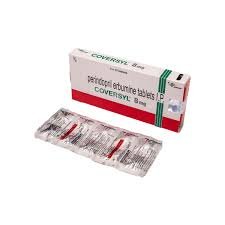

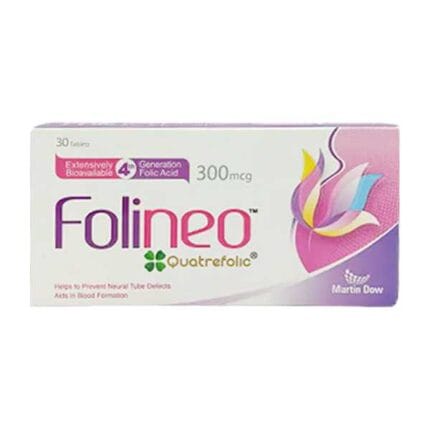
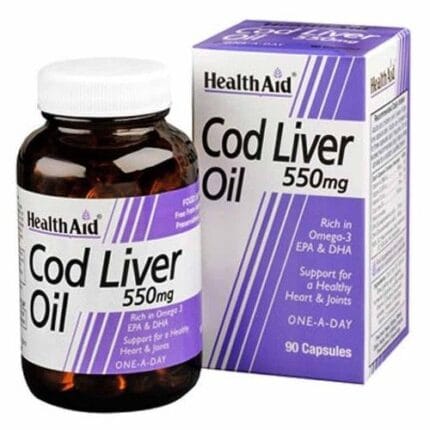
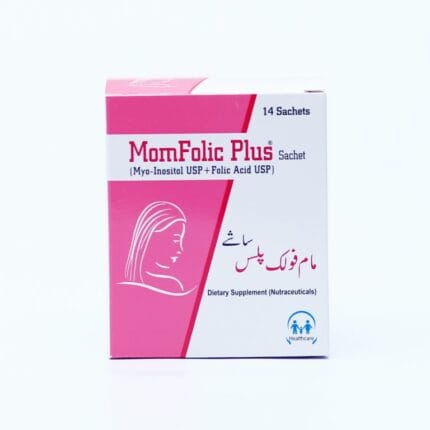
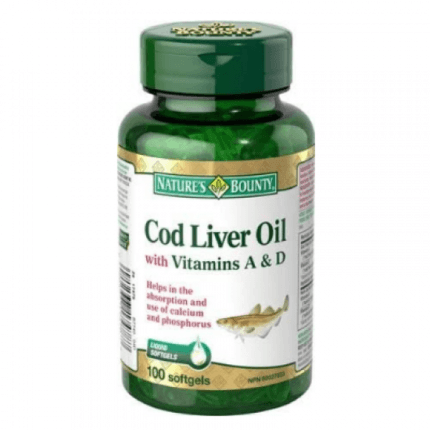

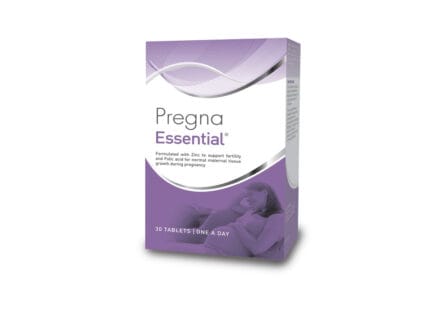









Reviews
There are no reviews yet.